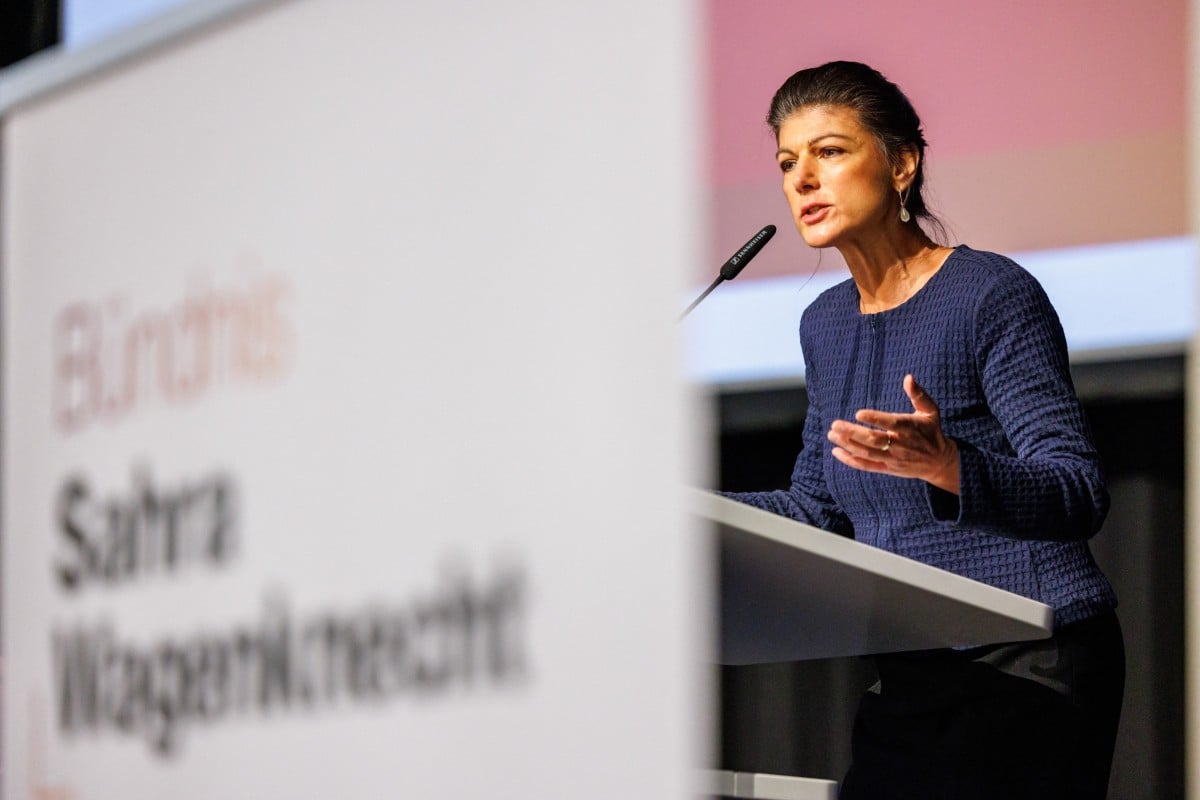The European Union proposed a plan to counteract the US green subsidy bonanza on Wednesday (1 February).
The plan, leaked on Monday, opens up room for individual member states to subsidise clean technology and, in emulation of the US plan, now also allows tax breaks for green industries.
But experts warn this opens up the floodgates for a subsidy race between EU members, with wealthier countries Germany and France vastly outspending smaller economies.
“The EU needs a serious European-level tool here to avoid a dangerous subsidy race [between member states],” said Simone Tagliapietra, a senior fellow at Brussels-based think tank Bruegel.
This issue is well-known among top EU officials. France and Germany spent 80 percent of the €672bn of state aid approved by Brussels under the temporary crisis framework set up following the Russian invasion of Ukraine. Italy, which has a larger industrial output than France, has only allocated seven percent.
In December, Ursula von der Leyen promised to set up a new EU sovereignty fund to help less wealthy countries match national state aid given by Germany and France.
But the sovereignty fund was only briefly mentioned in the final text presented on Wednesday, with more details on a potential fund only following in June.
In the meantime, member states can continue to subsidise national industries, potentially deepening so-called fragmentation between countries.
As a bridging solution, von der Leyen proposes to recycle existing funds for tax breaks. These funds can be used in less wealthy countries to catch up with Germany and France. But recycling old money is “not satisfactory,” said Tagliapietra.
Commissioner for economy Paolo Gentiloni, during a visit to Berlin on Monday, said: “We cannot use the same money for 25 different [goals].”
The money earmarked to help countries like Italy deal with foreign clean tech competition is the same money previously allocated to deal with the energy crisis, which was itself repackaged loans out of the pandemic recovery fund, which was set up in the spring of 2020.
Gentiloni and internal market commissioner Thierry Breton have been strong advocates for new funds to deal with the issue of foreign competition. But these efforts are met by a wall of opposition from the Netherlands, Denmark, Sweden, and Germany, where finance minister Christian Lindner, of the liberal FDP, has spoken out strongly against new EU debt.
The commission proposal will serve as the basis for discussions by government leaders scheduled for next week.





















Discussion about this post